Help with gnats / larvae in my plant!
labeano2002
15 years ago
Related Stories
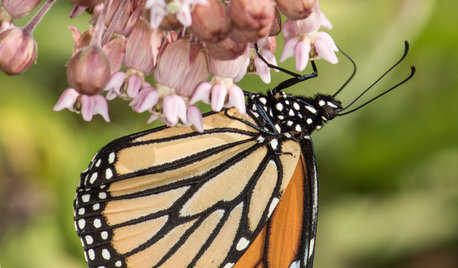
FLOWERS AND PLANTSHelp Monarchs and Other Butterflies by Planting Common Milkweed
Summer-blooming Asclepias syriaca is an important larval host plant for the monarch butterfly and attracts a number of pollinating insects
Full Story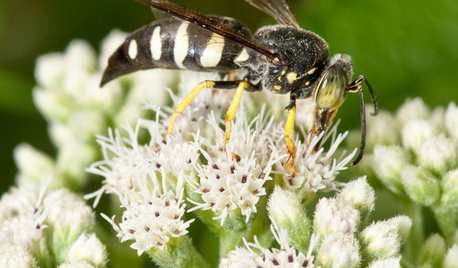
GARDENING GUIDESSand Wasps Keep True Bugs in Check and Help Pollinate Summer Flowers
Look for these solitary wasps nesting in sandy sites and foraging on flowers in July and August
Full Story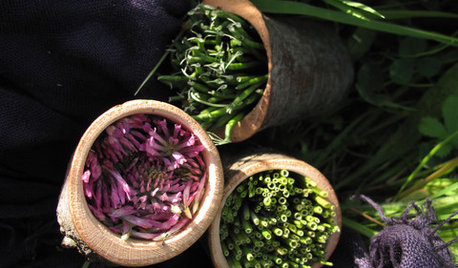
EARTH DAYHow to Help Your Town’s Beneficial Birds and Bugs
Make a habitat using local materials to provide a home to the creatures that help our gardens
Full Story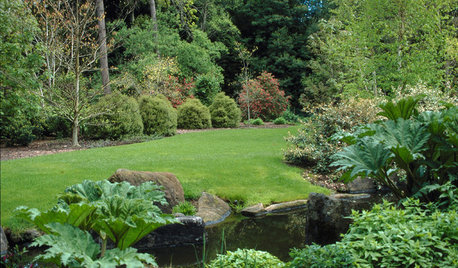
GARDENING GUIDESYou Don't Need Prairie to Help Pollinators
Woodlands, marshes, deserts — pollinators are everywhere
Full Story
MOST POPULAR7 Ways to Design Your Kitchen to Help You Lose Weight
In his new book, Slim by Design, eating-behavior expert Brian Wansink shows us how to get our kitchens working better
Full Story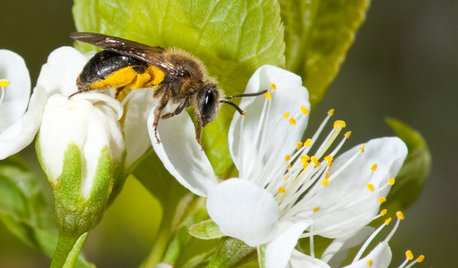
GARDENING GUIDESInvite Mining Bees to Your Garden by Planting Their Favorite Plants
Look for mining bees (Andrena) pollinating woodland wildflowers in U.S. gardens this spring
Full Story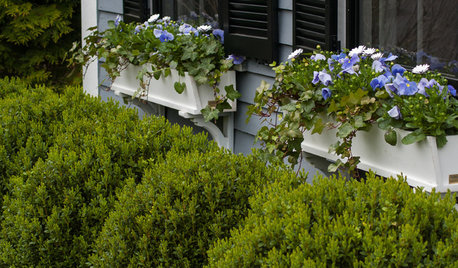
GARDENING GUIDESMake Sure You Read This Before Buying New Plants
Follow these 10 plant-selection tips to avoid buyer’s remorse
Full Story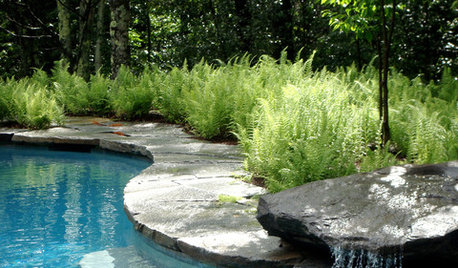
GROUND COVERSNative Alternatives to English Ivy, Japanese Pachysandra and Periwinkle
These shade-loving ground covers are good for the environment and say something about where you are
Full Story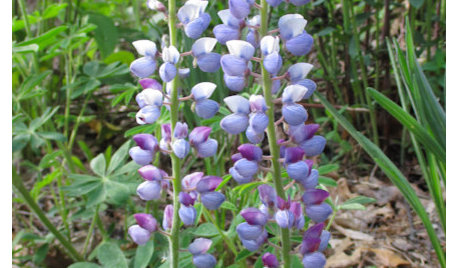
GARDENING GUIDESGreat Design Plant: Wild Lupine Dresses Up Rocky Gardens
Spiky blue flowers and a high tolerance for poor soil make this plant ideal for tough sites
Full Story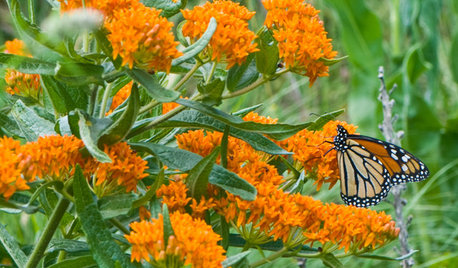
GARDENING GUIDESGreat Design Plant: Butterfly Milkweed, a Beacon in the Prairie
Vivacious orange flowers for you, nectar for the butterflies and bees. Asclepias tuberosa is worth planting for more reasons than one
Full Story






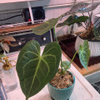
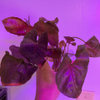
frazzledgessie
jefe12234
Related Professionals
Barrington Hills Landscape Architects & Landscape Designers · Lakewood Landscape Architects & Landscape Designers · Saint Louis Park Landscape Architects & Landscape Designers · Dinuba Landscape Contractors · Dudley Landscape Contractors · Elmhurst Landscape Contractors · Harvey Landscape Contractors · Kerman Landscape Contractors · Live Oak Landscape Contractors · Matteson Landscape Contractors · New Berlin Landscape Contractors · Rio Linda Landscape Contractors · Tinton Falls Landscape Contractors · Waipahu Landscape Contractors · Clinton Township Interior Designers & Decoratorsmeyermike_1micha
labeano2002Original Author
nicole__
meyermike_1micha
jeannie7
birdsnblooms
jefe12234
tapla (mid-Michigan, USDA z5b-6a)